Mastering Your Mission
Welcome to part three of our deep-dive into mission statements, a subject so near and dear to my heart that I devoted an entire chapter of my book TeamWork to them!
If you’ll recall in my previous installments, mission statements aren’t just feel-good phrases we create in order to slap something on our social media channels and business collateral that endears us to the public.
Mission statements are real, effective tools that businesses can use to guide their thinking, reinforce a sense of leadership and direction, and guide your team through the rough waters of unstable economic conditions.
The problem with mission statements is typically never mission statements themselves — the problem with mission statements is usually weak leadership that doesn’t use them to their advantage.
You need to be able to recognize the power of a mission statement in order to get the most out of it. If you perceive it as a warm and fuzzy statement that has zero utility, then, surprise, that’s what it’s gonna be.
But if you can recognize that a mission statement has the power to inspire, align, and drive your team into creating massive growth for the organization, then — through your foresight, training, and commitment — your mission is capable of doing just about anything you want it to!
Mission statements create accountability
If you’ve already read part two of this series, then you may recall that I sometimes use our mission statement as a means of pouring water on the hot coals of gossip that can often distract people in the workplace from focusing on the things that matter most.
We train our employees to not only memorize our mission statement, but to use it in practice with just about everything we do in our work. A simple reflection point of, “Is what I’m doing helping our clients achieve their personal, professional, and financial goals?” is perhaps the most effective way to focus just about any situation the team finds themselves in.
The same is true for those moments where accountability matters most. I mean this in a business sense and in a total life sense. Truly. Mission statements aren’t just bullshit sentiments to me.
I’m the sort of person who tends to think about the end of my life a lot. Not in a morbid sort of way, but in a productive way — in a, “Hey, did Natalie do everything that she wanted to do in this lifetime?” sort of way, because this sort of reflection holds me accountable to achieving my goals.
And one of my goals is doing all that I can to support Cardone Ventures’ mission to help our clients achieve their goals. If I know that I’ve stayed true to this, that I’ve fulfilled some sense of purpose during my lifetime. I’m not exaggerating. This really does run this deep to me.
So why would I let any distractions pull me away from completing this mission? And why wouldn’t I try to instill the same level of discipline and accountability into my team?
That’s exactly what I do, and I believe that’s exactly why we’re building such a wildly successful company!
I just think that mission statements are these beautiful and often misunderstood things. They instill leadership, they help provide focus, they hold people accountable, and do you know what else they do?
Mission statements create boundaries
I’ve probably told you before about how wanting to be a likable boss can hold you back, and it can hold your team back, too.
It’s human nature to want to be liked, but it also turns out that wanting to be liked over wanting to be good or wanting the team to achieve its targets is also a recipe for failure.
See if you can catch yourself in those moments where, instead of providing the constructive feedback you should be sharing, or instead of speaking your mind and telling someone what it is that you really want, that you’re instead saying what you think they want to hear in the way you think they want to hear it.
I know it’s vulnerable to admit, but it probably sounds pretty familiar, right? We do it all the time. We edit ourselves. We say the nice thing instead of the right thing. We do the easier thing instead of the effective thing. And why? Because these things are all about avoiding conflict.
But what I want you to do is think about yourself in those moments, and then think about your mission.
Is avoiding that potential moment of conflict serving your mission? Is staying silent instead of giving your team member a critical piece of constructive feedback good for your mission? Do you want to be complicit in your team’s failure or do you want to lead them to victory?
(I think you know the answer.)
Similarly, your mission statement supports your ability to set boundaries in the workplace, because they can tell you in very clear terms whether or not a project is in service of the business, or if its purpose is a distraction, a pointless exercise, or an undertaking in service of someone’s vanity.
This is commonplace in high-growth businesses. Their ability to be nimble and adaptable also promotes their ability to be wasteful of resources, particularly of their talent and their talent’s time.
My recommendation for evaluating every new endeavor in your business should include a mission test:
Does this new project support or distract from our mission? If it distracts, no matter how exciting it might seem, it needs to be put on the shelf.
Otherwise, you’re telling your team that this is an environment where we chase shiny objects instead of serving our ultimate purpose, which will have a negative impact on your culture, and ultimately your bottom line.
Your mission statement sets you apart from your competitors
Now, you might read that and think, “Duh — of course a mission statement sets you apart from your competitors.” And while that is, of course, true in the marketing sense, what I’m really referring to is how your mission statement can set you apart from your competitors both inside and outside business.
Here’s what I mean: The way you’re hiring people, the way you’re communicating the purpose of your organization, the way you’re training people, the way you’re growing them in order to grow the business should be fundamentally different if you’re truly a mission-driven company.
There’s just no comparison between the two. There’s just no way that your business isn’t capable of absolutely crushing your competition if you’re centering every single thing that you do on elevating and achieving your mission day after day after day.
You see, when you’re creating this culture of relentless optimism and possibility and achievement inside of your business, there’s simply no way that the infectious nature of your values aren’t going to seep out into the rest of the world.
People talk. People will hear about the way you conduct business and the engagement you’re creating online. People will see how well attended your events are, and how more and more highly influential and successful are aligning themselves with you.
And you know what’s gonna happen after that? Your competition is going to fear what you’re capable of. Now, I don’t know about you, but from a psychological perspective, I don’t mind the idea of them fearing what we do, chasing what we do, and scrambling to keep up with us.
Why? Because it means they’re not focused on their own business. They’re distracted. They’re imitating. It creates vulnerability.
I want to be a part of a business that is so confident and so mission-focused that virtually nothing can stop us. Isn’t that what you want for your business, too?
I’ll show you how…next time, in Part Four, our final installment in our Mission Statement series!
I know what you’re thinking — even more on mission statements? But I promise you that there’s much more to what mission statements can do for your organization.
Remember, if you haven’t already gotten your FREE copy of TeamWork, you can do so by going here and following the instructions.
And if you’re interested in having a real-life experience with me and the Cardone Ventures team, then you need to join us at our next live event! We’ll cover topics that impact every aspect of your business. These events sell out quickly, so register now to save your seat!

